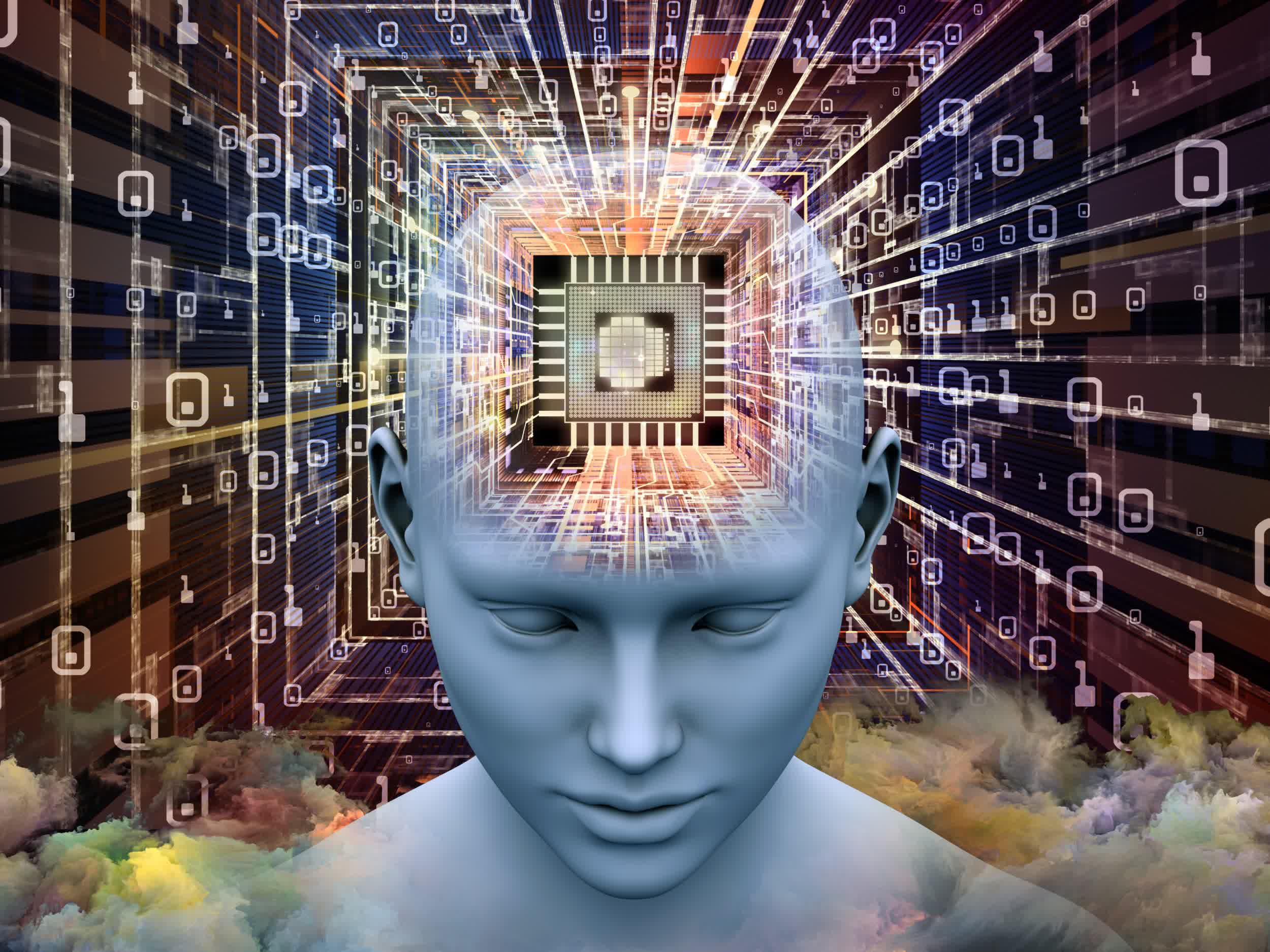A hot potato: Elon Musk's theory that we are probably all living in a simulation that is indistinguishable from base reality might not be as far-fetched as it initially sounded, especially after taking into account recent statements from Valve co-founder Gabe Newell.
In a recent interview with New Zealand's 1 News, Newell delves deep into the topic of brain-computer interfaces (BCIs). Bypassing physical body parts like eyes that limit our ability to experience things and interfacing directly with the brain could open up a whole world of possibilities and make the real world seem "flat, colorless, blurry compared to the experiences that you'll be able to create in people's brains."
"But that's not where it gets weird," Newell continues.
The Twilight Zone stuff happens when it becomes possible to edit who you are through a BCI. For example, Newell said one of the early applications he expects to see is something to help with sleep. Instead of taking a pill to help you fall asleep, you'll simply enter in how long you want to sleep into an app and voila, it'll happen.
For most, that either sounds incredibly convenient or absolutely terrifying. Newell even concedes that it is weird to talk about, but believes it is inevitable.
If and when brain tech gets to this stage, security will have to be absolutely bulletproof. The consequences of something going wrong here are astronomical and perhaps even too great to ever justify bringing it to market. For example, what happens if you lay down for what you think is a restful eight hours of sleep but a hacker changes it to 80 years? Suddenly, you're in an Inception situation where you're living a full lifetime stuck in a dream.
Worse yet, what happens if someone "programs" you to carry out a crime? Who is held accountable for your actions?
Masthead credit agsandrew
